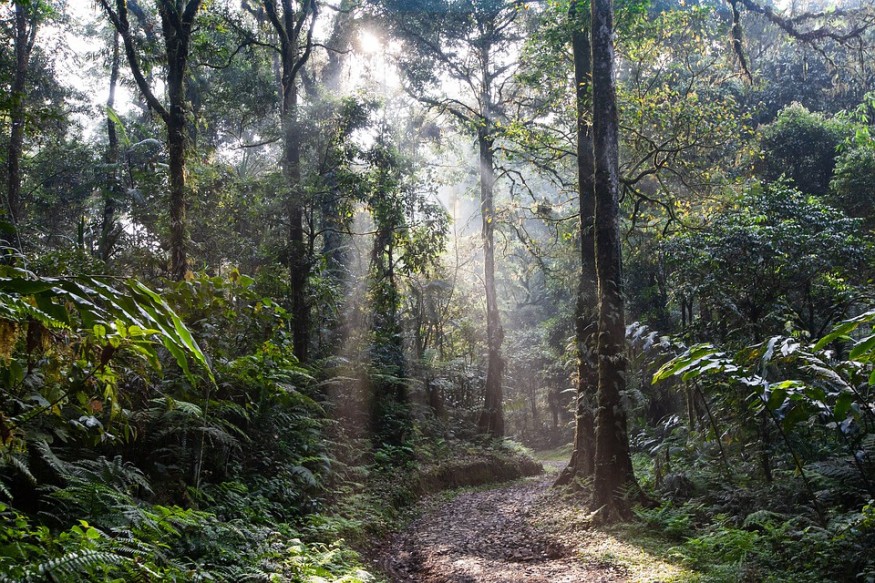
Brazilian President Jair Bolsonaro could dangerously drive the Amazon rainforest to an irreversible "tipping point" in two years, an economist said.
The rainforest, at that point, would stop producing enough rain to support itself and slowly degrade to a drier savannah. It would likewise release billions of tonnes of carbon to the atmosphere, which would worsen global warming and agitate the weather across South America.
The warning came in a policy brief issued this week by a senior fellow at the Peterson Institute for International Economics in Washington DC. The report, authored by Monica de Bolle, sparked controversy among climate scientists.
What did Bolsonaro promise?
Bolsonaro promised to improve the Amazon. Bolsonaro added Brazil's eyes to permit mining on natural reserves. Amazon farmers back his initiatives on environmental protection agencies. Ricardo Salles, his environment minister, met loggers and wildcat miners, while deforestation and Amazon fires have increased since he assumed office in January.
The policy brief regarded Instituto Nacional de Peru's (INPE's) study that deforestation in August was 222% higher than in August 2018. De Bolle said the growing deforestation rate between January and August this year would bring the Amazon "dangerously close to the estimated tipping point as soon as 2021." The tipping point would mean the rainforests can no longer generate enough rain to sustain itself.
De Bolle said these rates "will happen within his (Bolsonaro's) mandate" if he is serious about improving the Amazon without giving any regard to sustainability or saving the forest's status.
Conservation biologist Thomas Lovejoy, a professor at George Mason University in Virginia, said de Bolle's projection might come true because of soaring deforestation, and global warming. Rising deforestation rate and an increase in Amazon fires created a "negative synergy" which fuels toward its destruction.
Lovejoy said the scientists were already witnessing the first "flickering" of the tipping. He added the "only sensible thing" for the
government to do is to do reforestation and return the margin of safety.
Brazil agreed to reforest 12m hectares and end illegal deforestation by 2030 along with other responsibilities under the Paris climate deal. Former Brazilian President Dilma Rousseff signed the agreement.
Environmental news Mongabay reported a month ago that Brazil seems increasingly unpromising to meet the targets laid down in the Paris agreement. In 2013, deforestation started to rise under Rousseff's administration after nine years of decline and quickly increased under Bolsonaro's administration.
De Bolle's estimates "too pessimistic"?
Claudio Angelo of the Climate Observatory - an umbrella of non-profit environmental groups - believed de Bolle's estimates were "too pessimistic." But he acknowledged her brief's additional recommendations.
The recommendations included developing the Amazon fund, which funds sustainable rainforest plans to add the United States and other nations so that Brazil won't necessarily support rainforest protection virtually on its own. Norway and Germany currently fund the Amazon Fund, but both countries suspended payments in August.
De Bolle said Brazil should improve a resolution that made agricultural credit supported by public banks that relied on lenders - proving that they complied with environmental and other laws.
© 2025 NatureWorldNews.com All rights reserved. Do not reproduce without permission.





